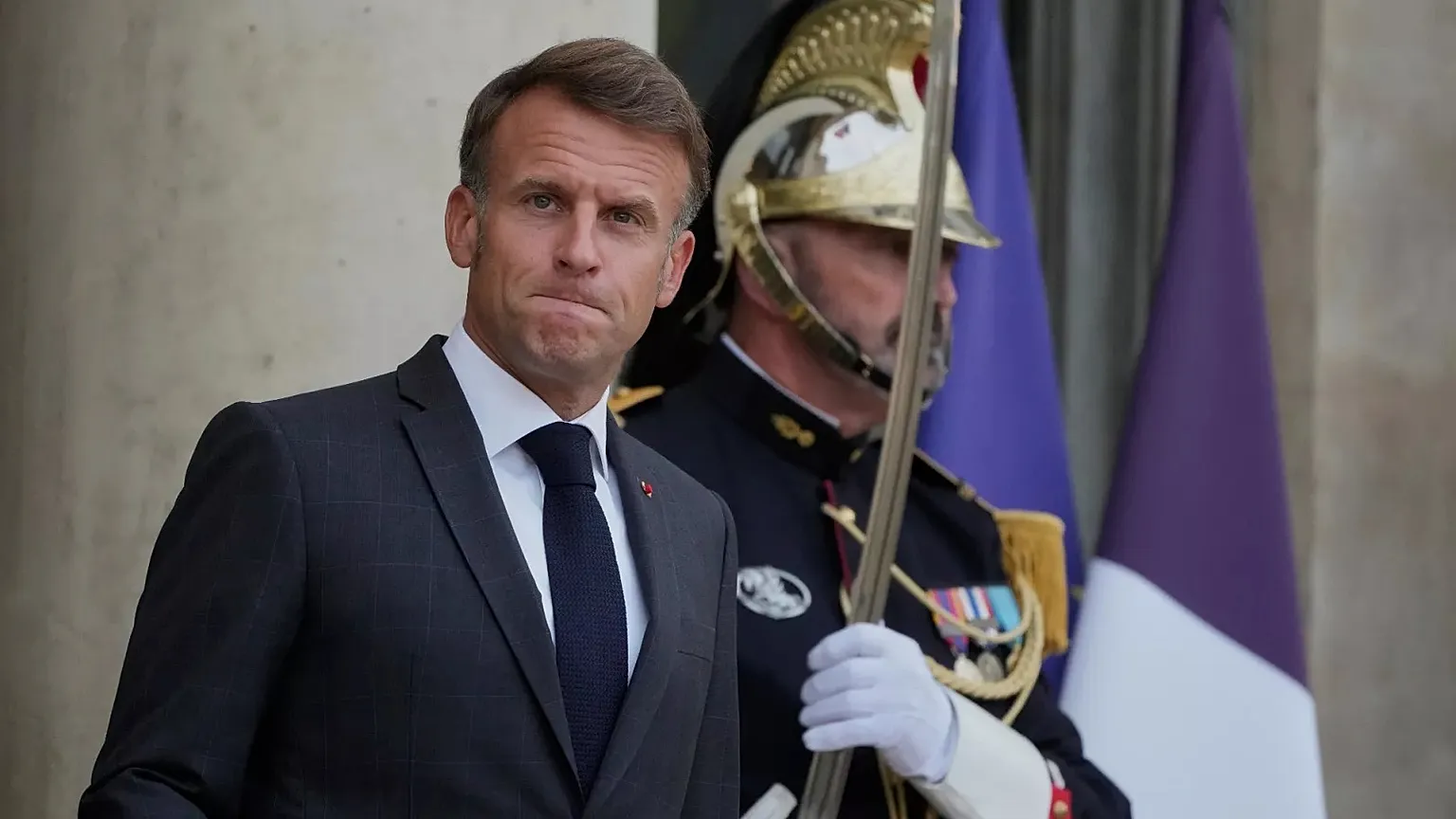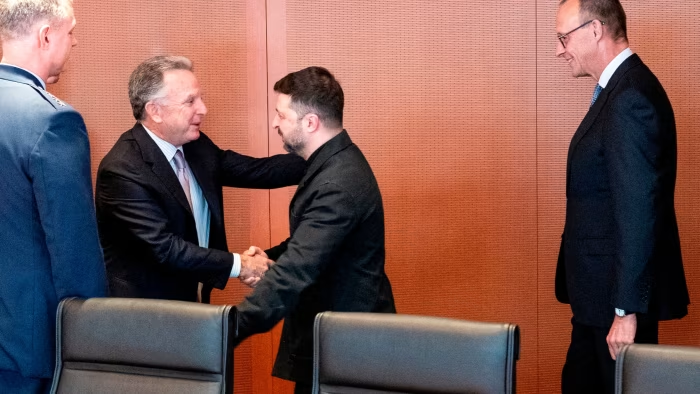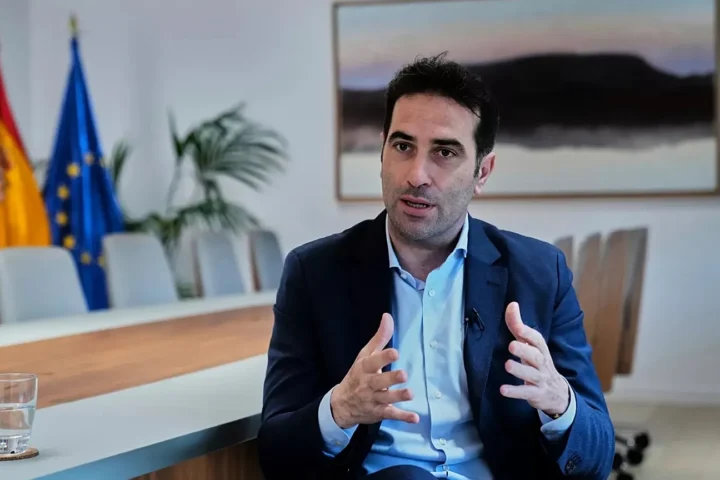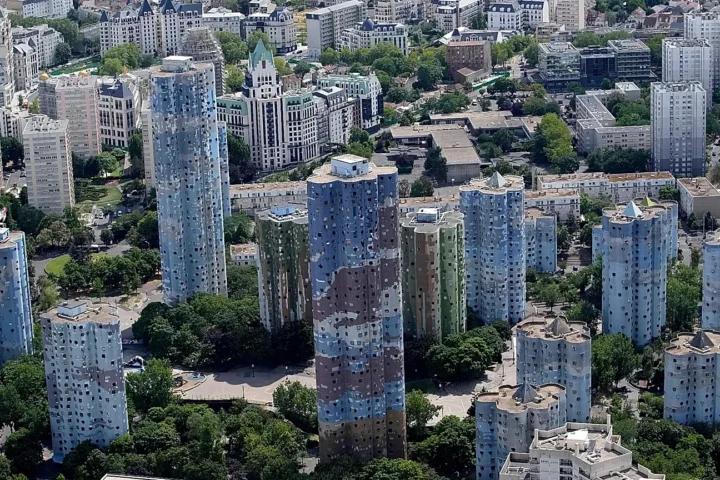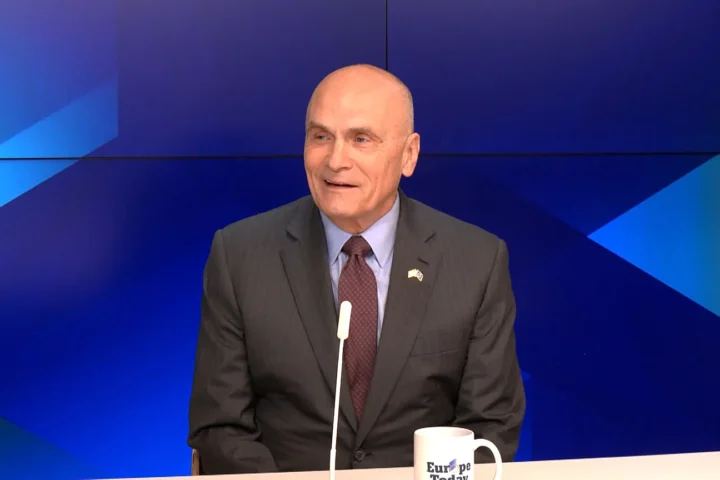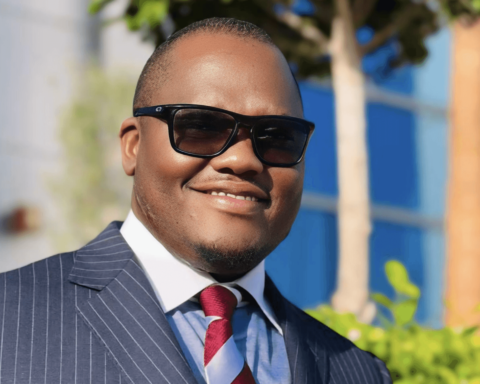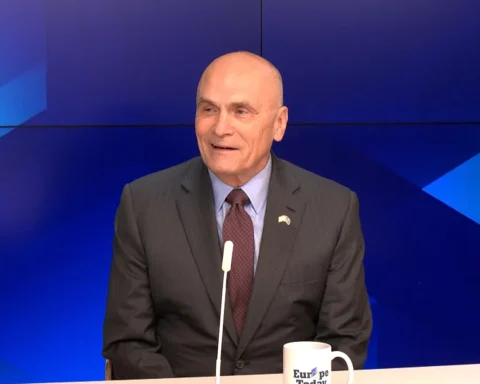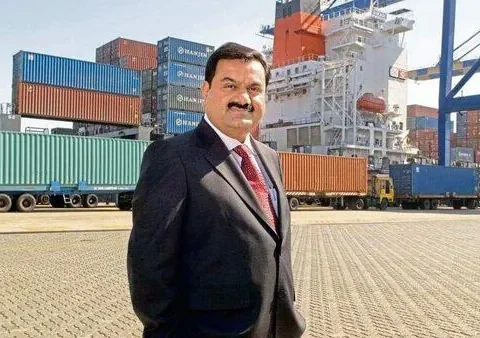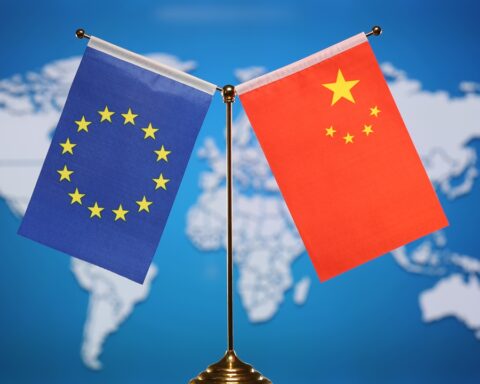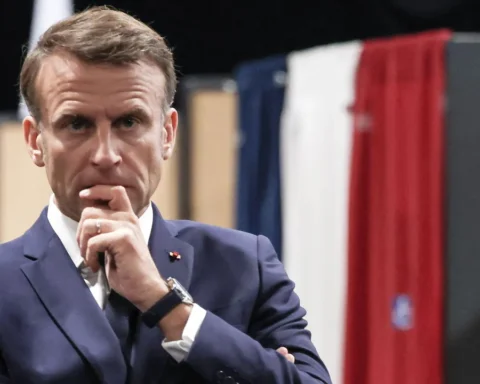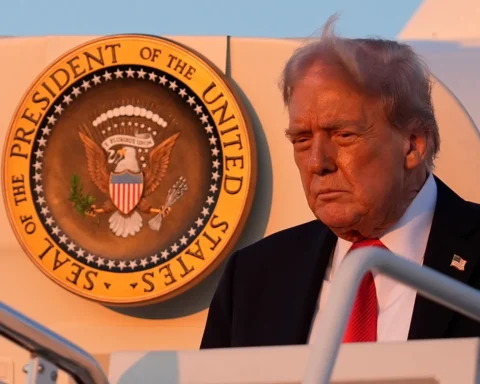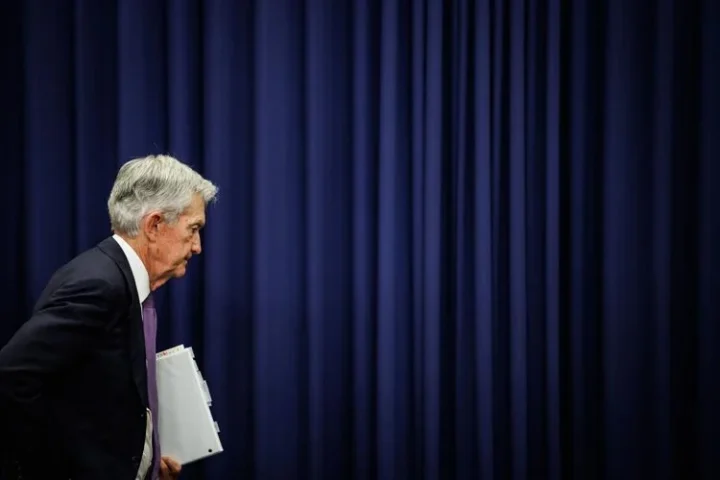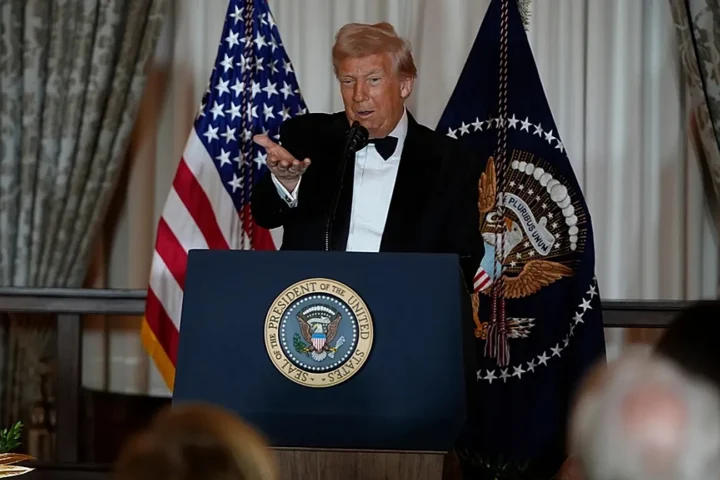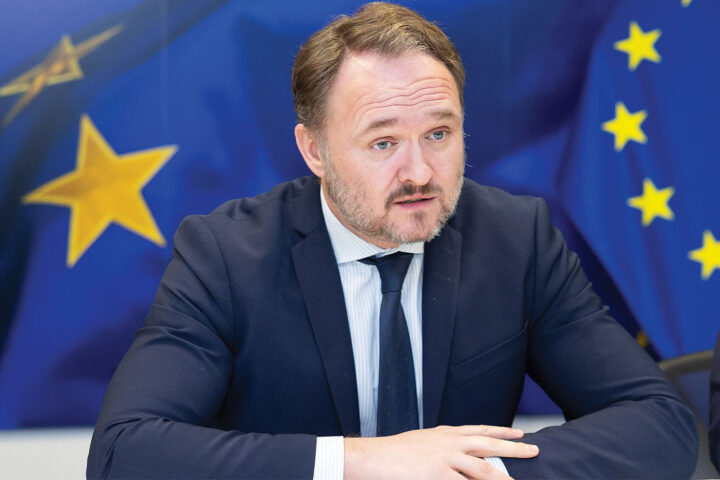French President Emmanuel Macron faces a pivotal political moment after the abrupt ouster of Prime Minister François Bayrou, triggering an urgent search for new leadership at the head of government. The change comes at a time when Macron is grappling with domestic unrest, a fragile parliamentary majority, and mounting international challenges, raising the stakes for his next appointment.
Bayrou’s Sudden Exit
François Bayrou, a longtime ally and veteran centrist figure, was forced to resign amid a swirl of political tensions and mounting criticism of his handling of key domestic policies. His departure underscores the ongoing instability within Macron’s centrist alliance, which has struggled to navigate deep divisions in the National Assembly and rising discontent among French voters.
Bayrou’s exit, though not entirely unexpected, has shaken the government at a sensitive time. Macron has now been left to find a candidate who can restore public confidence, unite a fractured coalition, and push through stalled reforms.
The Search for a Successor
The choice of the next prime minister will be critical to Macron’s ability to govern effectively during the remainder of his term. According to senior officials, the president is weighing several profiles:
- A technocrat who could reassure financial markets and restore administrative stability.
- A political heavyweight capable of brokering deals with opposition parties and navigating the National Assembly.
- A younger, reform-minded figure who could reconnect with France’s disillusioned youth and struggling middle class.
Names circulating in Paris include several senior ministers from Macron’s current cabinet, as well as figures from outside government who could offer a clean break from recent controversies.
A Fragile Domestic Context
The political shake-up comes as Macron’s government faces mounting pressures at home. Protests over pension reforms and the rising cost of living have sapped public trust in his leadership. Meanwhile, Macron’s parliamentary majority remains razor-thin, forcing frequent compromises with rival factions and leaving flagship policies vulnerable to gridlock.
Analysts suggest that the new prime minister will need to be both a skilled negotiator and a credible public communicator to shore up support and prevent further erosion of Macron’s reform agenda.
International Stakes
The leadership transition also comes as France seeks to project influence abroad. Macron has positioned himself as a leading European voice on issues ranging from Ukraine and NATO to EU economic reforms, but his credibility depends heavily on political stability at home.
A drawn-out or divisive prime ministerial appointment could undermine Macron’s ability to lead internationally, just as the EU faces critical decisions on defense, energy, and enlargement.
A Defining Moment for Macron
Observers note that Macron has reshuffled prime ministers before—most recently with the appointment of Élisabeth Borne in 2022—but Bayrou’s ouster is different. It reflects deeper fractures within his centrist movement and a growing perception that the president has struggled to adapt to shifting political realities.
“This is more than a personnel change,” said one Paris-based political analyst. “It is a test of Macron’s ability to reset his presidency, salvage his reform agenda, and reestablish credibility with both voters and allies.”
Looking Ahead
The coming weeks will be decisive. Macron is expected to consult closely with party leaders and advisers before making his choice, but pressure is mounting for a swift decision. Markets, allies, and opponents alike will be watching closely to see whether his pick signals continuity, compromise, or a bold break with the past.
For Macron, the stakes could not be higher: the success—or failure—of his next prime minister may determine the legacy of his second term and shape the trajectory of French politics well beyond 2027.
